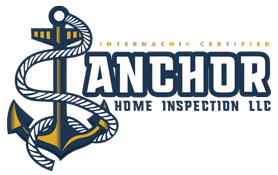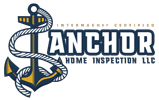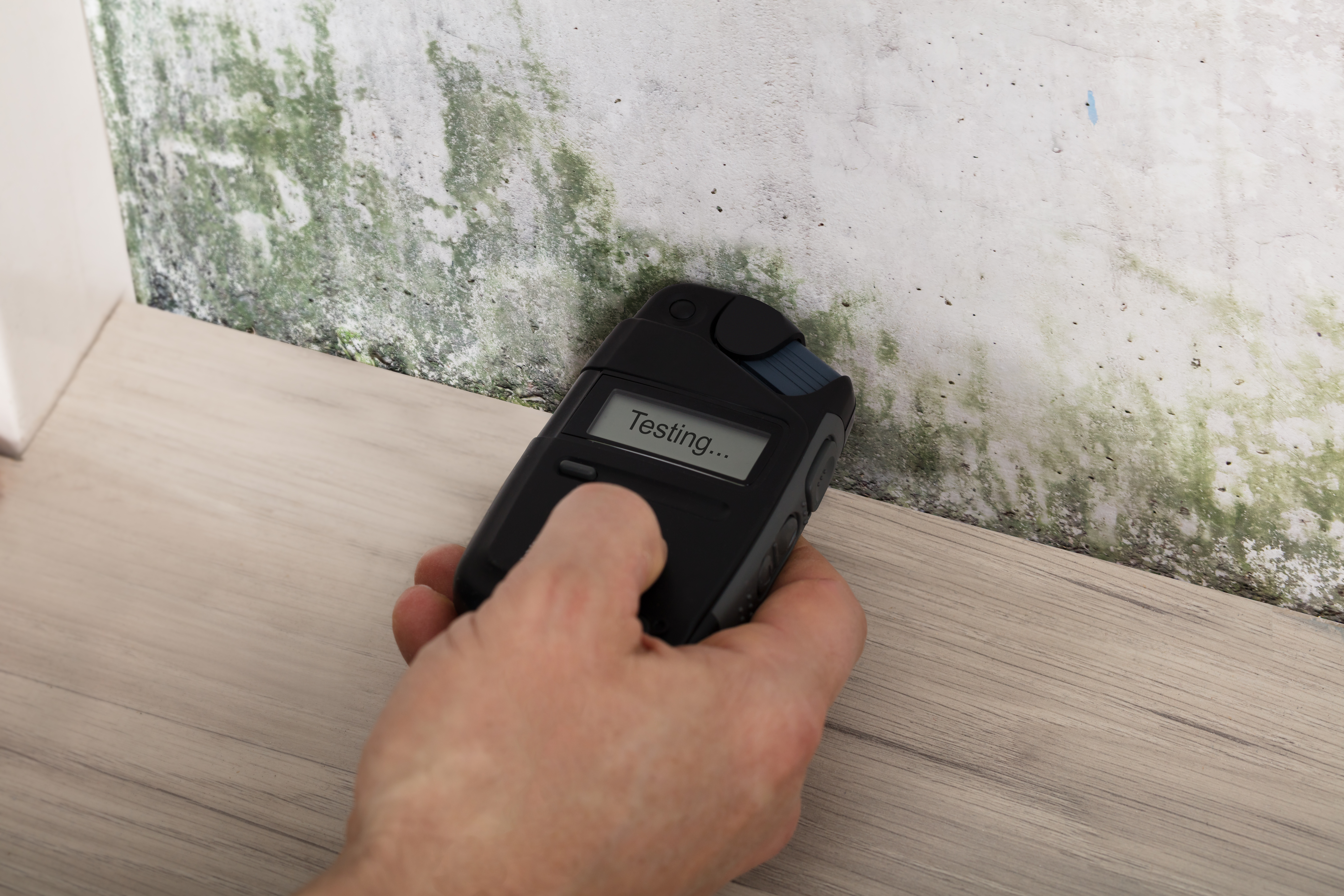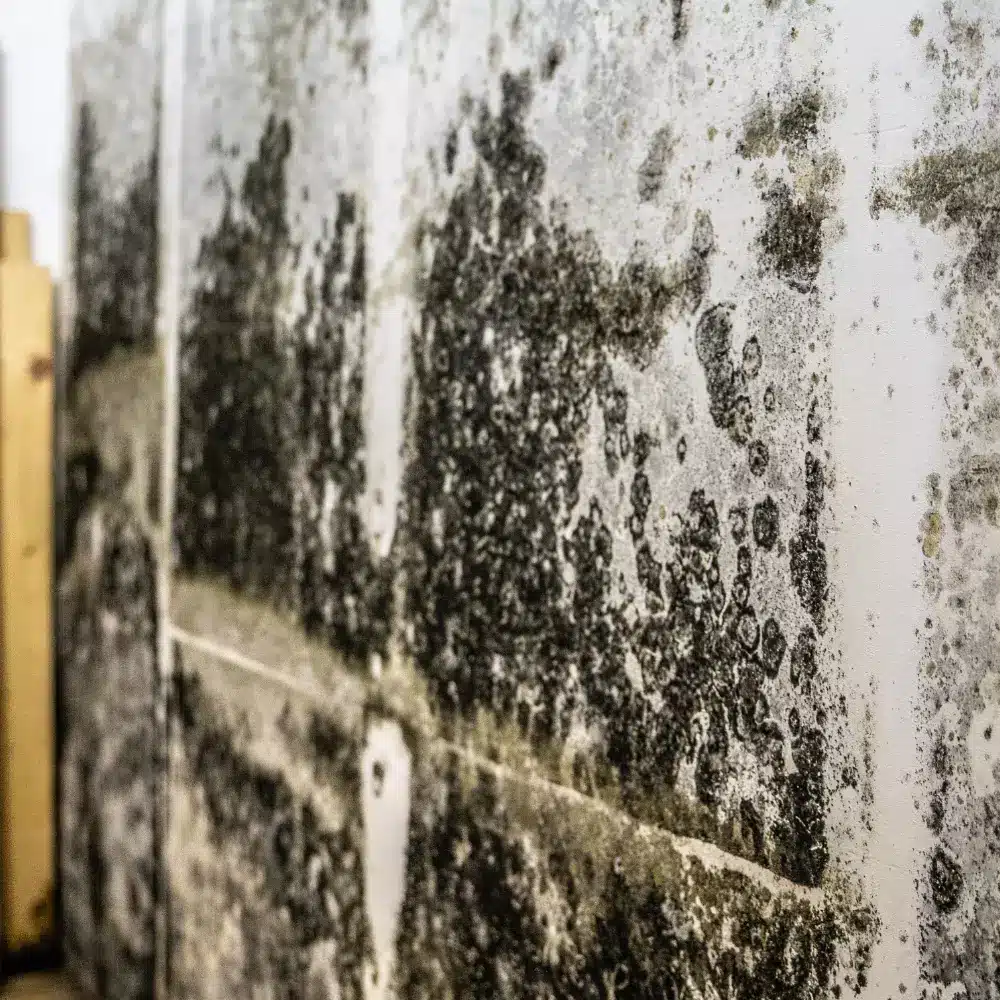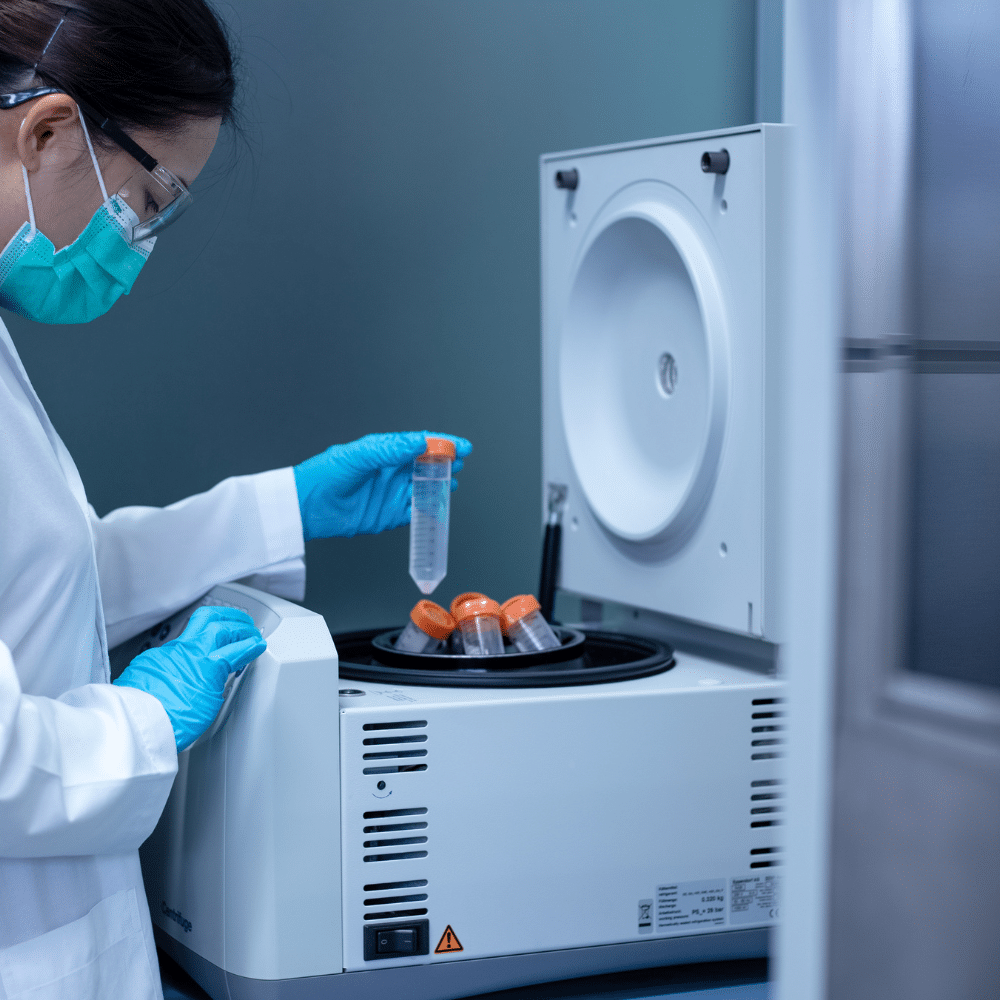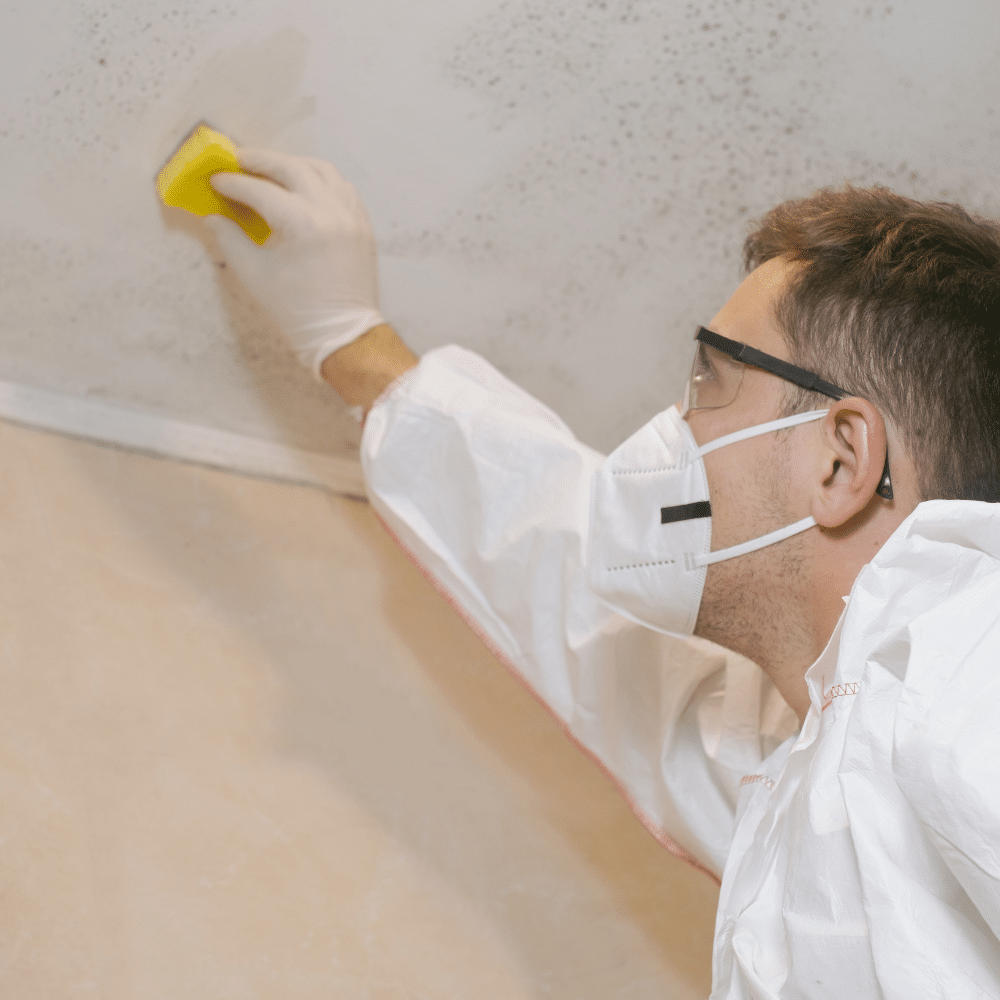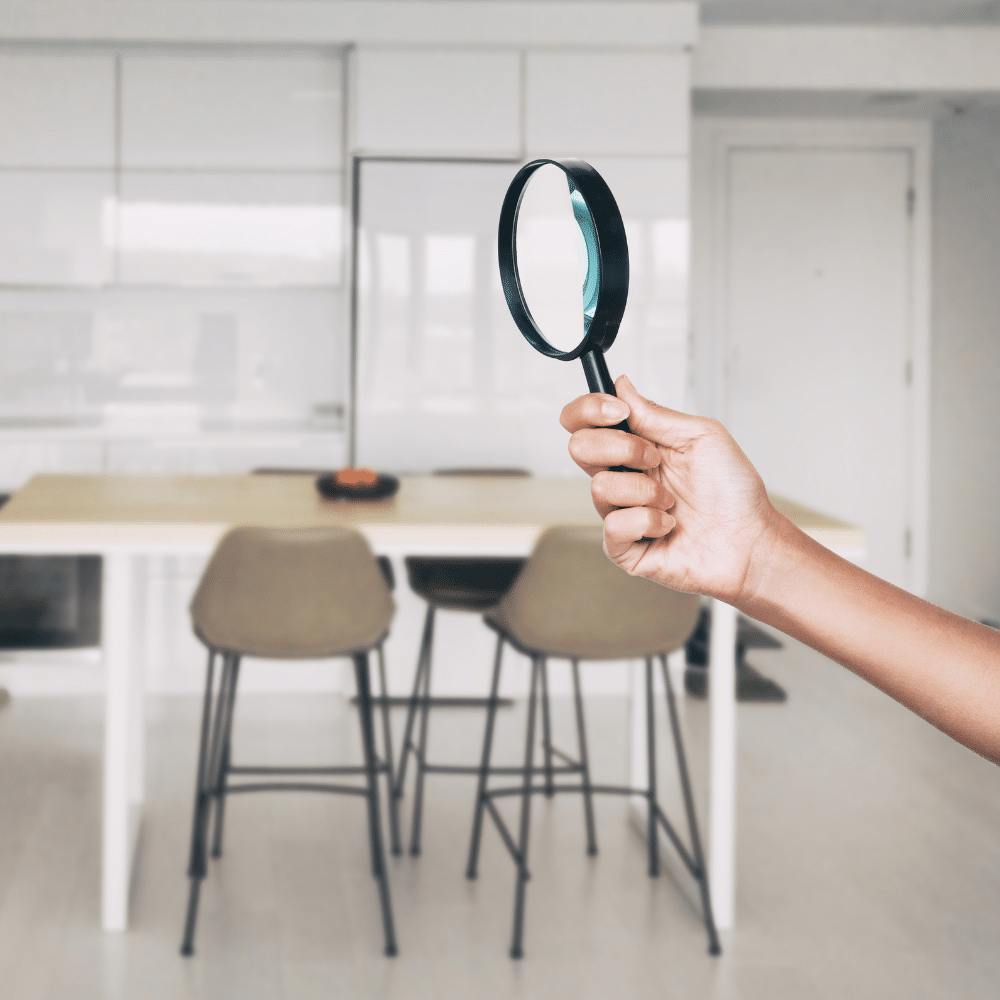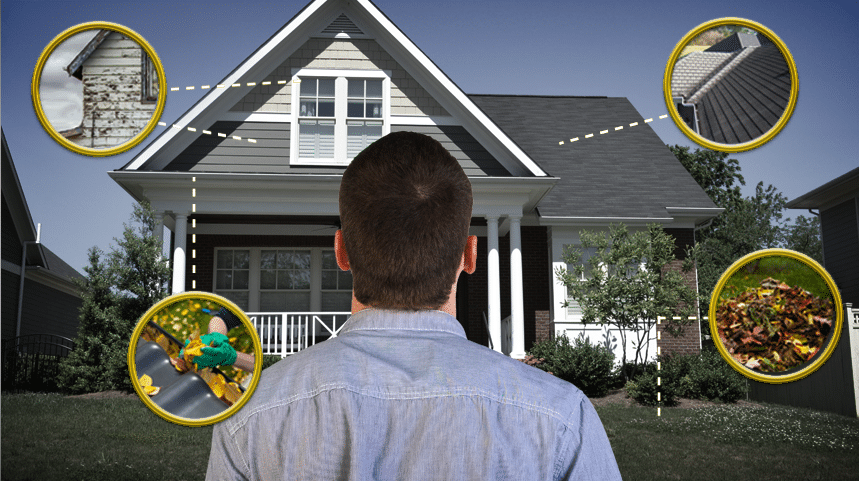Mold growth in homes and buildings is a common concern for many homeowners and tenants. It not only affects the aesthetics of the property but can also pose health risks. To address this issue, mold testing plays a crucial role in identifying the presence of mold, determining the type of mold, and assessing the severity of the infestation. In this article, we will demystify the mold testing process, shedding light on its importance and the steps involved.
Understanding Mold Testing
Mold testing involves the collection and analysis of samples to identify and quantify mold spores in a given environment. It helps determine whether the indoor air quality is compromised and if remediation measures are necessary. Mold testing is typically performed by professionals who specialize in environmental testing and have the expertise to handle mold-related issues.
The Importance of Mold Testing
Mold testing is vital for several reasons:
- Identifying Mold Species: Mold testing helps identify the specific types of mold present in a property. Different mold species have varying levels of toxicity and can cause different health issues. Identifying the mold species helps in determining the appropriate remediation methods.
- Assessing Mold Levels: Mold testing measures the concentration of mold spores in the air or on surfaces. This assessment helps determine the severity of the mold infestation and guides the remediation process.
- Validating Remediation: After mold remediation, testing is conducted to ensure that the mold problem has been effectively resolved. Post-remediation testing confirms that the indoor environment is safe and free from excessive mold levels.
- Protecting Health: Mold exposure can trigger allergic reactions, respiratory problems, and other health issues. Mold testing helps identify potential health risks associated with mold spores, allowing individuals to take necessary precautions and seek appropriate medical advice.
The Mold Testing Process
The mold testing process typically involves the following steps:
- Initial Assessment: A professional mold inspector assesses the property visually, looking for signs of mold growth, water damage, and areas prone to mold infestation. They may also interview occupants to gather information about any related health concerns.
- Sampling: The inspector collects samples from the air or surfaces to determine the presence and concentration of mold spores. Air sampling involves using specialized equipment to capture airborne mold spores, while surface sampling involves swabbing or tape-lifting samples from visible mold growth.
- Laboratory Analysis: The collected samples are sent to a certified laboratory for analysis. The laboratory examines the samples under controlled conditions to identify the types and concentrations of mold present.
- Interpretation of Results: Once the laboratory analysis is complete, the mold inspector interprets the results. They provide a detailed report that outlines the findings, including the types and quantities of mold detected. The report may also include recommendations for mold remediation, if necessary.
- Remediation and Follow-up Testing: If mold is identified and deemed problematic, remediation measures are implemented to eliminate the mold growth. Post-remediation testing may be conducted to ensure the effectiveness of the remediation process.
Mold testing is a critical step in identifying and addressing mold issues in homes and buildings. By understanding the mold testing process and its importance, homeowners and tenants can take proactive measures to maintain a safe and healthy indoor environment. If you suspect mold growth or have concerns about indoor air quality, consulting with a professional mold testing service can provide the necessary insights and guidance to mitigate the risks associated with mold infestation. Remember, early detection and remediation are key to preventing further damage and promoting a mold-free living environment.
Call Anchor Home Inspection
Anchor Home Inspection is always available by phone to answer questions regarding your home. If you would like to consult with a professional about a home inspection, call Anchor Home Inspection now to schedule a home inspection today.
Anchor Home Inspections is a quality Home Inspector to Connecticut. Contact us to schedule a home inspection or any of our other home inspection services.
Home Inspector CT
Home Inspection CT
Home Inspection Services CT
Home Inspection Company CT
Home Inspectors Near Me
Home Inspection Near Me
Best Home Inspectors Near Me
Home Inspection Services Near Me
Home Inspection Company Near Me
Home Inspections CT
Radon Testing CT
